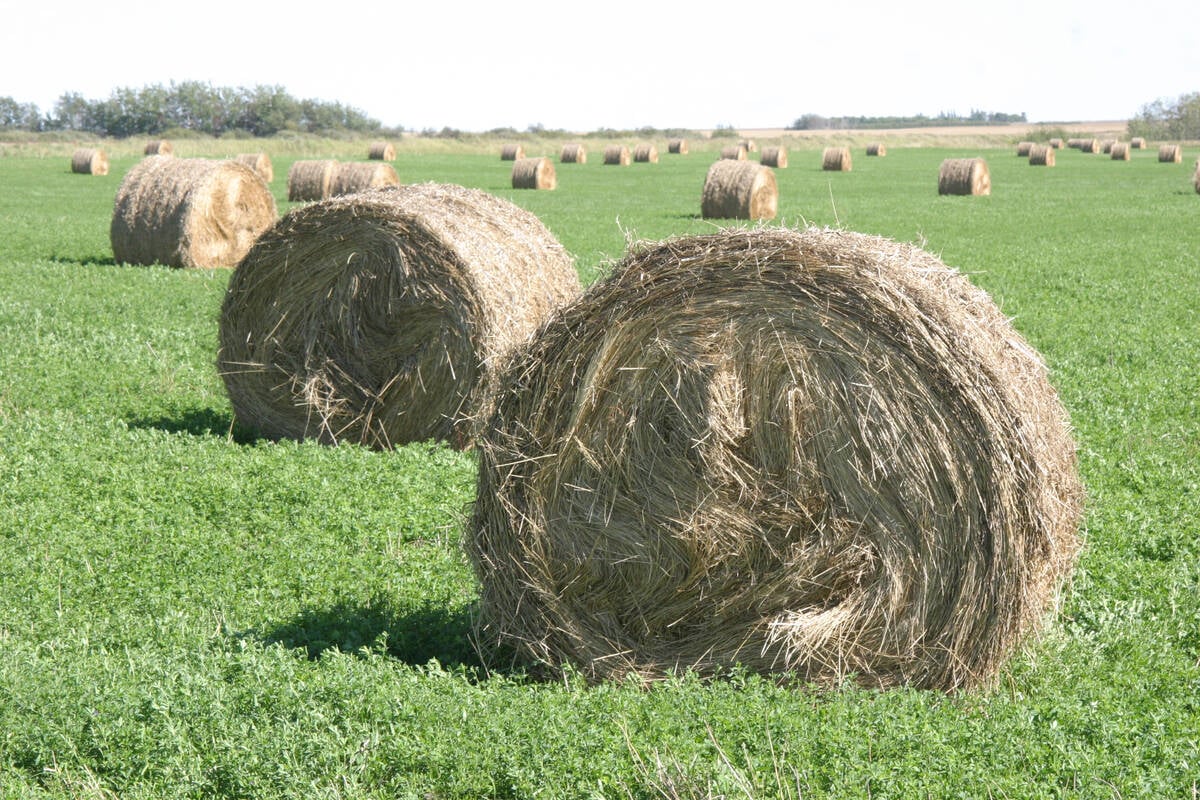The Manitoba Cattle Producers Association will soon hire a full-time staff member charged with boosting the number of age verified cattle in the province.
As well, the new employee will inform producers about the issues of traceability, food safety and biosecurity.
“We want to continue to be forward moving and forward thinking and progressive in traceability for our trade,” said Major Jay Fox, MCPA’s production chair and a cattle producer near Eddystone, Man.
The new employee, essentially a field representative, will visit auction marts and attend agriculture events to inform and assist producers with the age verification process.
Read Also

Breaking down successful winter feeding into six steps
It’s that time of year when it is important to start planning for a cow herd’s winter feeding program. Here are six steps I think are necessary to consider when getting your feed tested.
MCPA’s decision to hire a full-time person is partly a response to Alberta’s requirement for mandatory age verification of cattle.
Last June, it created the Alberta Livestock and Meat Agency and announced that age verification of cattle would be mandatory effective Jan. 1, 2009.
The new protocols in Alberta led to concerns in Manitoba and Saskatchewan that cattle shipped to Alberta would sell at a discount if they were not age verified.
“Age verification (in Manitoba), the uptake on it hasn’t been as much as it should,” said Rick Wright, administrator for the Manitoba Livestock Marketing Association, which is working with the MCPA in its effort to get more producers on board.
Based on the most recent data, Wright said 27 percent of Manitoba’s producers have age verified cattle.
Part of the reason behind the reluctance is that Manitoba producers view it as extra work and don’t believe they will see a premium price for the effort.
However, Wright said producers must realize that Manitoba is an exporter of calves and more jurisdictions now expect age verification.
“Our biggest markets for our calves are the U.S., Alberta and we have great support in Manitoba from Quebec. And in each of those cases, the demand for age verified calves is increasing,” he said.
“But that doesn’t guarantee there’s going to be a premium paid for these calves, but we can’t afford not to access any markets.”
He said Manitoba producers have complained in the past that the Canadian Cattle Identification Agency’s on-line age verification process is time consuming and difficult to complete with the unreliable dial-up internet service that is common in rural areas. The new field rep will travel Manitoba to help producers complete the process.
The Alberta government is employing eight field reps to perform a similar job.
“The field representative is going to be extremely busy,” Fox said, noting the employee will have to establish a circuit at Manitoba’s auction marts.
Fox hopes the Manitoba government will help with the project and fund the salaries of two more field reps.
However, he said the bigger picture is that hiring this field rep is another step toward a traceability system.
It’s important that the path to traceability remains in the hands of cattle producers, he added.
“They (producers) want to make sure that it continues to be driven from the grassroots.”















